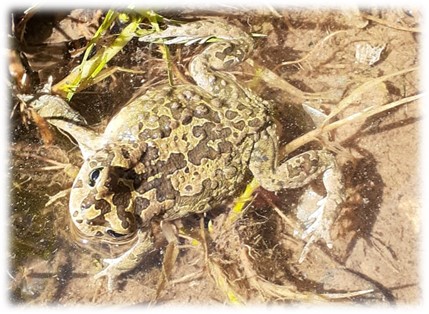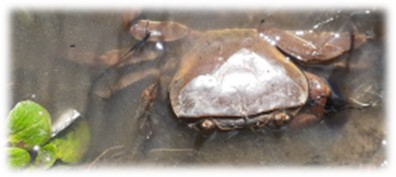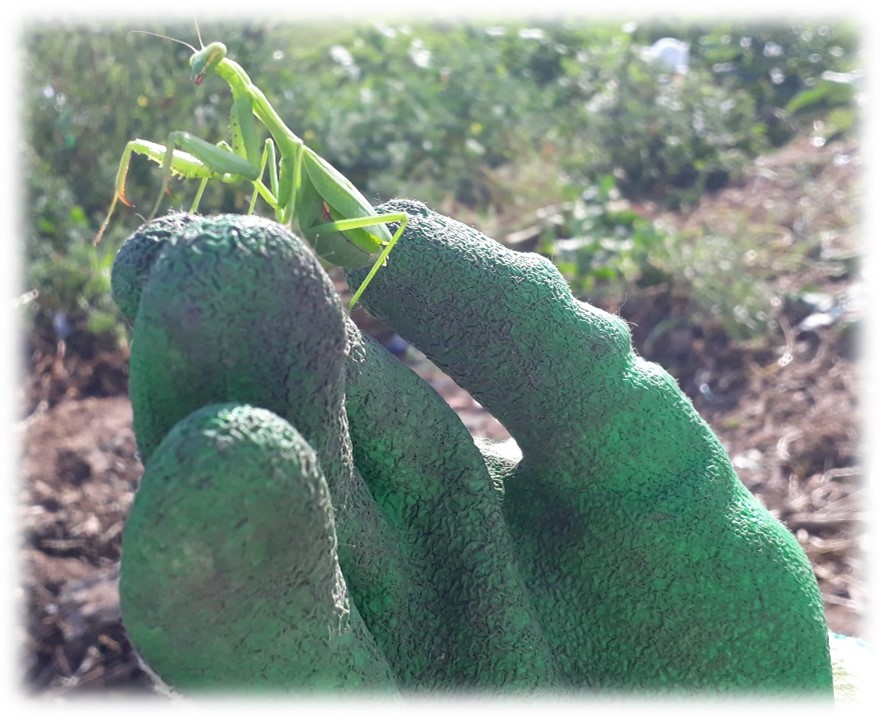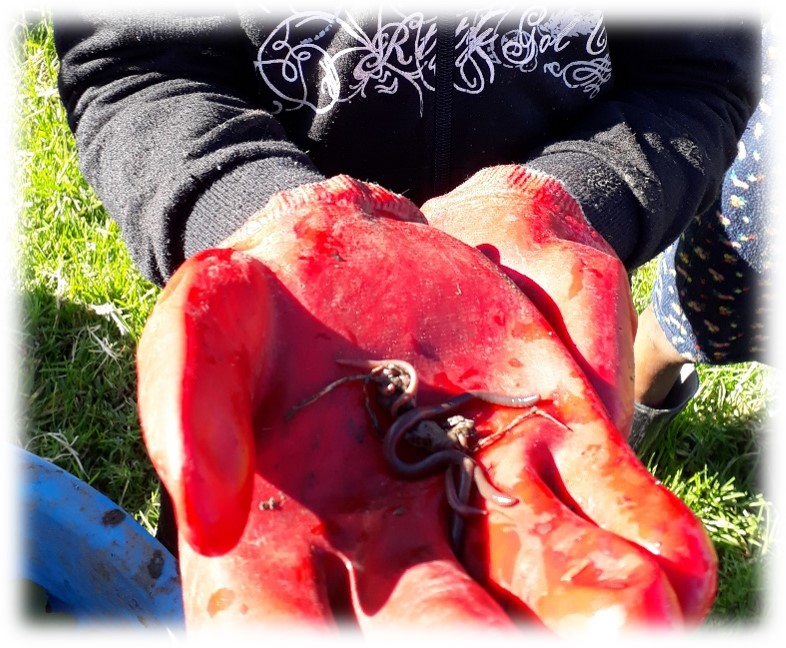27
JUNE, 2022
“If you were born in Grahamstown/Makhanda less than 20 years ago, and have never been out of the town, you have never seen a river.”
So said the (now retired) schoolteacher, Ntombomzi Monakali from Fikizolo Primary School who worked with me right at the start of River Rescue, and who is now a member of our Governing Body.

“So what do they see?” I asked.
“A ditch. A ditch where rubbish can be thrown.”
And that explained why what I called ‘rivers’ looked the way they did. Heart-breaking.
Take a moment to project yourself into that particular mind-set, and consider how quickly we get used to things. The Covid 10 pandemic brought home to me how quickly things become ‘normal’ – sanitising our hands, wearing masks, keeping our distance. (I hasten to add that the picture of Ntombomzi was taken before the pandemic, and the mask was protection against the smell of the river!) Babies born just before the pandemic who became toddlers during it were pictured ‘sanitising’ their little hands on any projecting object that looked like a potential hand sanitiser: electric plug outlets, poles … What was their view of the world at that stage?
So, if you have never seen a river, why should you want to change the state of the ditch that runs between your houses?
The older generation recall the time when the rivers of the city provided water for cooking, washing, for recreation, refreshment, and fishing – but who listens to the ‘old ones’ now? Television and social media devices have made sitting listening to your grandmother’s stories old-fashioned and boring; western education has undermined the value of the indigenous wisdom that connected people to the resources of our planet.
Whenever we have a clean-up, the children are an energetic and delightful part of the team and their presence provides an opportunity to share some of the values of the rivers and the creatures that live in them. No longer do we hear cries of ‘Bulala! Bulala!’ (Kill, kill!) at the sight of a crab or a frog. Instead, the creatures – worms, crabs, frogs, a praying mantis – are carefully picked up, shown to everyone, then gently replaced where they were found … except once when a handful of worms was carefully carried to a nearby compost heap to ‘help in the garden’!
What have we learned?

That frogs tell you when the water is clean…

… that crabs clean the water by eating the black algae that grows on the cemented sides of the canalised watercourses …

… that a praying mantis eats mosquitoes – among other things – and brings luck if it lands on your head …

… and that worms are good for your garden.
We’re learning that rivers are SO much more than ditches.

Recent Comments